Darjeeling Express lives at the top of Kingly Court, just off Carnaby Street, which was once the world-famous embodiment of Swinging London but now seems the global capital of the sports shoe. No matter – Kingly Court, which is built in the shape of a medieval coaching inn, is a happy nook: it is shut away, which means you can’t see sport shoes from the window. It is small in scale; it is for Londoners in their thinning melting pot. Kingly Court already has a superb restaurant in Imad’s Syrian Kitchen. Darjeeling Express, newly opened, joins it on the second floor.
It used to be a yoga studio, but I don’t let that bother me: the yoga hags have fled. It has high eaves, pretty windows and lamps that look like orbs. The walls are pale, the floors are wood. It is not overstyled, monied or contemptible. It belongs to Asma Khan, a self-taught cook, and a child of two Indian royal families. But girls must make their own way if they want to be free: Khan has said that her birth – she is the second of two daughters – was a disaster (one girl is a misfortune, two is carelessness, etc). She had an arranged marriage, moved to England, and taught herself to cook with the help of an aunt. She also took a PhD in British constitutional law.
Her first restaurant was a supper club in her home in Kensington. The second – called Darjeeling Express, named for a train she would ride in the summer holidays as a child – was here in Kingly Court. Then Khan moved to a wedding cake in Covent Garden on the corner of Garrick Street and King Street, squashing Carluccio’s, which deserved it. It was for a while a gilded place: Khan starred in Netflix’s Chef’s Table and was featured in Vogue.
Morally, she survived Vogue. Her kitchen is all-female, because, she said: ‘I wanted to reflect the stories of women who never got honoured for cooking. My kitchen is made up of women of Indian heritage who were trained not by the industry, but by their mothers at home. If you want to modernise our cuisine, then start off by modernising the structure of the kitchen.’ She loaned the Covent Garden premises to aspiring female chefs and opened an all-female café run by survivors of Isis in northern Iraq. I recommend this café to Alastair Campbell because his tweets are insufferable.
The welcome is easy, kindly: there aren’t many places in the West End that feel this restful – its restaurants are too often performative. We sit by the window, and, drugged by the scent of the kitchen, over-order: chicken momos (dumplings with onion and coriander); a chilli cheese toastie, which is a cheese toastie, but not a common one; chicken kati (paratha and egg wrap); methi chicken; beef tamatar gosht; hills of rice. My companion, who is a literary critic, calls the chicken kati the platonic ideal of a KFC wrap, and he is right.
Khan walks over, in gaudy blue: the only other restaurateur I have seen do this is Jeremy King at the Wolseley. I like this, because it makes the diner feel like a loved child. She asks: how is my food? Marvellous, we say, chomping – unparalleled. She says that the opening in January was difficult because the gas was not connected on time and they had to cook with electricity, which burnt the food. Utilities providers can be murderous. Savini at Criterion was felled by a dispute with BT. But that is done now, and Khan, who knows what food is for, is back at her beginnings. I don’t usually say this because I don’t usually feel it: eat here now.
Got something to add? Join the discussion and comment below.
Get 10 issues for just $10
Subscribe to The Spectator Australia today for the next 10 magazine issues, plus full online access, for just $10.
You might disagree with half of it, but you’ll enjoy reading all of it. Try your first month for free, then just $2 a week for the remainder of your first year.


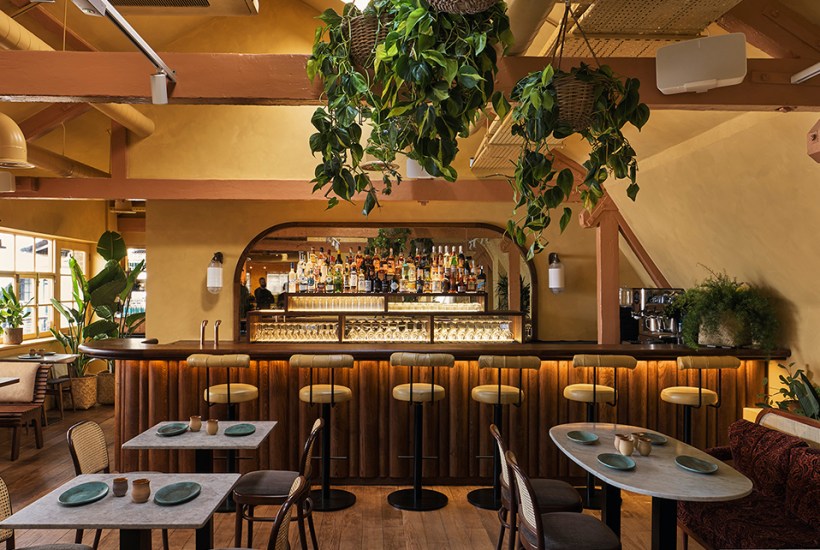
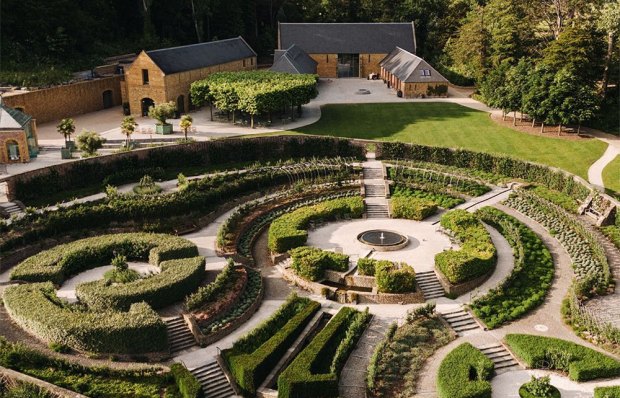
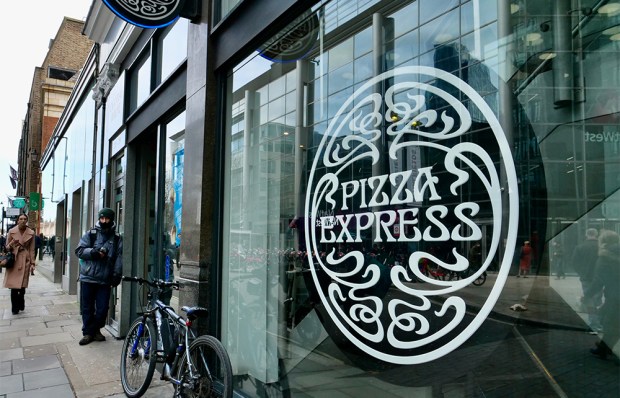
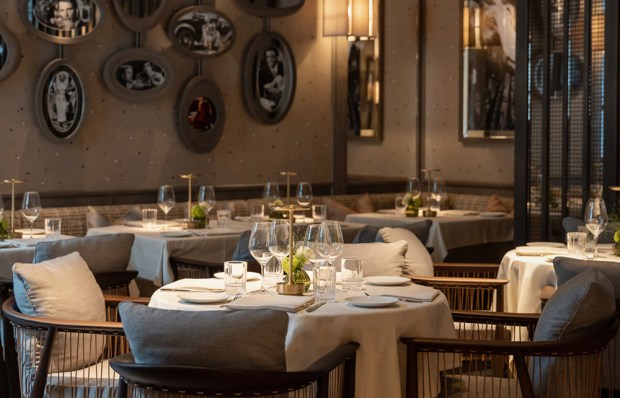
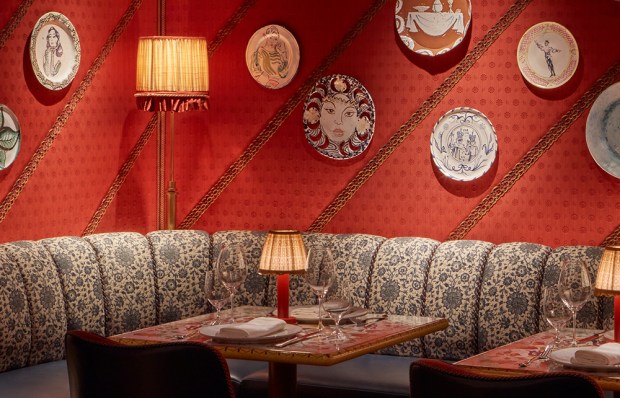
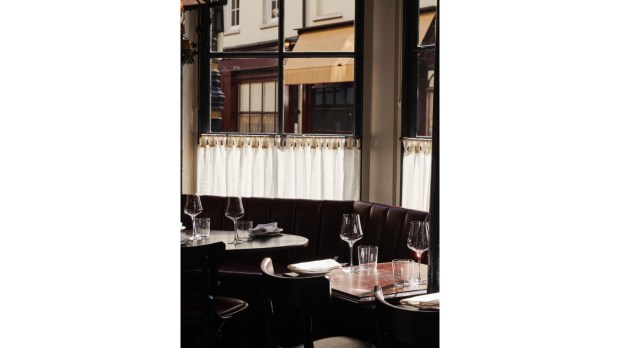
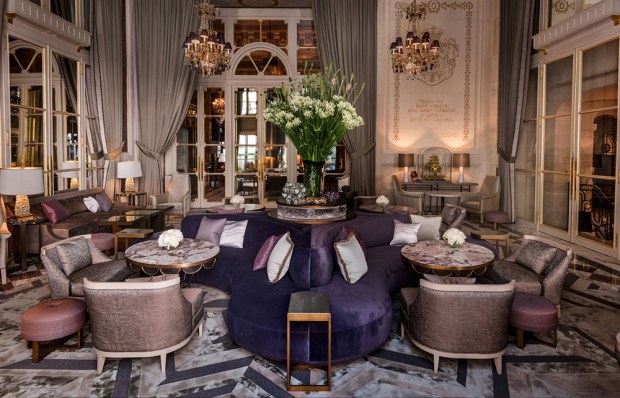






Comments
Don't miss out
Join the conversation with other Spectator Australia readers. Subscribe to leave a comment.
SUBSCRIBEAlready a subscriber? Log in